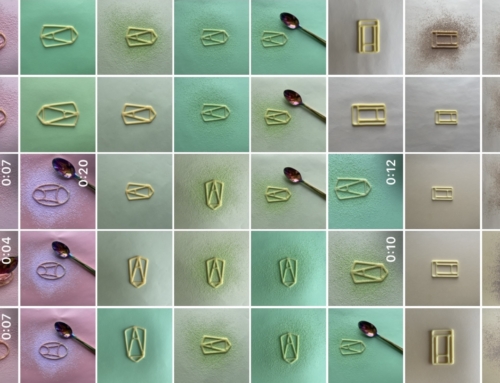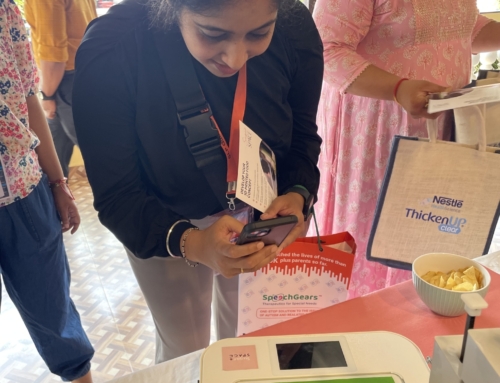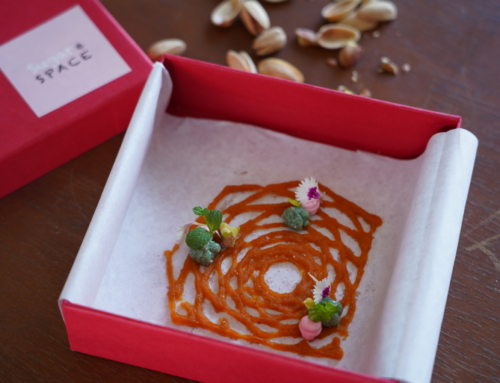Here’s a fun fact: In order to sustain themselves through hibernation during winter, bears indulge in hyperphagia (excessive eating) right before they slip into slumber. It’s kind of like the body saying “I don’t know when I’ll get enough food next, let’s just stock up.”
Humans do not hibernate, but we may experience these events of perceived food deprivation in their lives. The very fear of food not being enough may trigger a drive to eat more, or hoard more on our plates. These events do not have to be obvious starvation periods, they can also sneak unnoticed into our everyday routines. A simple example is when we’re eating at a buffet and we start seeing the food being taken away. This triggers our drive to start hoarding our plate with food, regardless of how hungry we are. It’s like our body saying “I don’t know if I’ll get enough food, let’s just stock up.”
Faux Food Insecurity
So what? If this behaviour goes unnoticed, perhaps translates at home when dinner is always being taken away while we’re eating (maybe because the dishes need to be washed in time)- the consequences are twofold. Not only are we constantly piling up more food than we truly want on our plates but also start ignoring our internal hunger and fullness cues. Over time we’d be training our bodies to disconnect and distrust our internal signals. Furthermore, we now guilt ourselves into “polishing the plate off,” feeling overstuffed extremely often. Conversely, unconditional access to food, makes us feeling less threatened by food scarcity, allowing us to focus on eating intuitively.
Identifying such knots in daily eating behaviours could be a useful tool to employing healthful eating habits in the long run. Apart from what one is eating, behavioural nutrition and intuitive eating also focuses on why one is eating a certain way. This helps to identify root causes of eating patterns to be able to make long-term sustainable shifts.
About the Author: Ishitaa Bhatia ANutr. MSc (India) MSc. (UK) is a consultant nutritionist and the founder of The Nutrition Project. She has a special interest in paediatric nutrition, young adult nutrition, eating behaviours and eating disorders.
Have you experienced faux food insecurity? Leave your comments below.
Read more snippets from our Food For Thought series here.








Leave A Comment